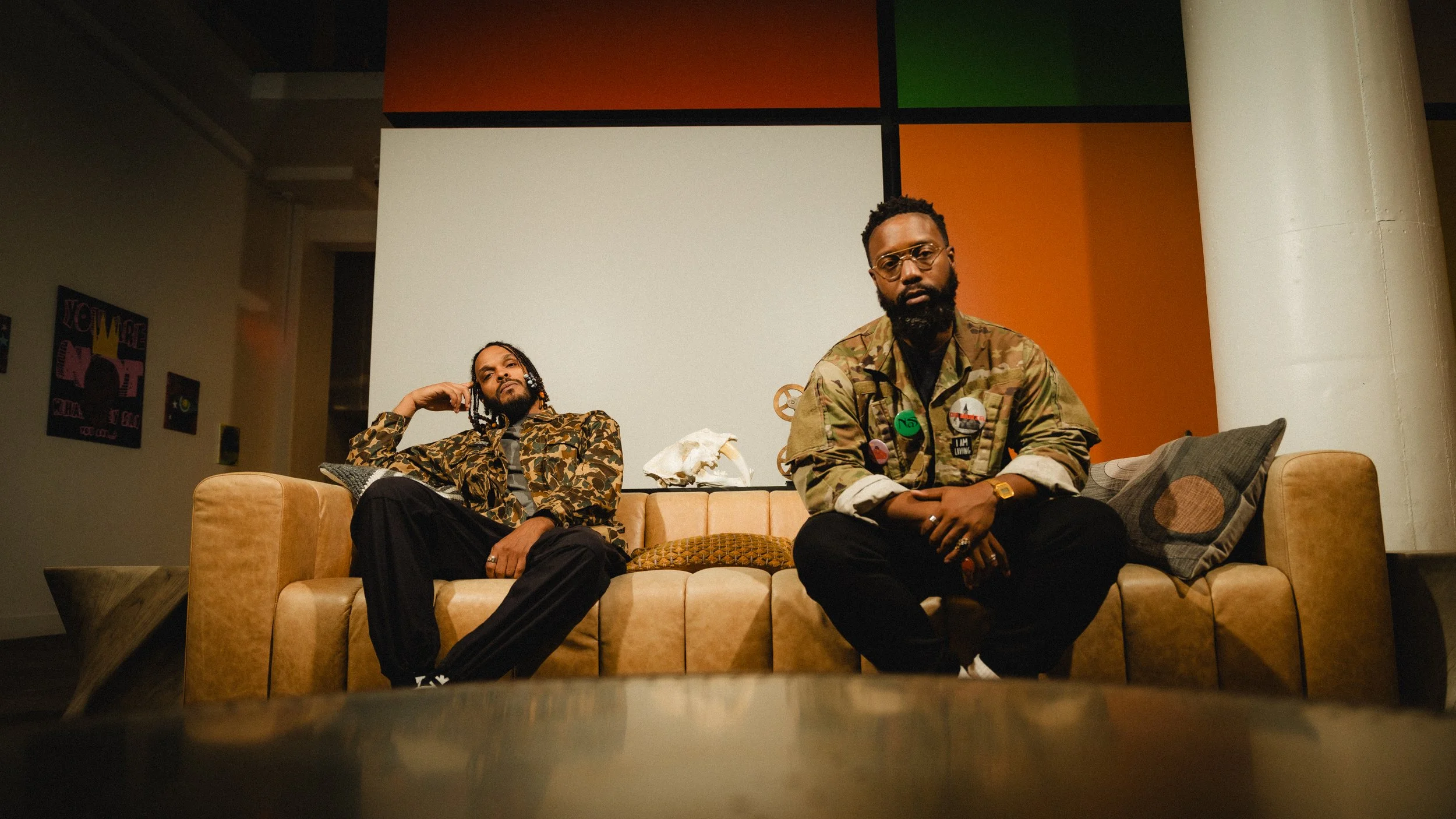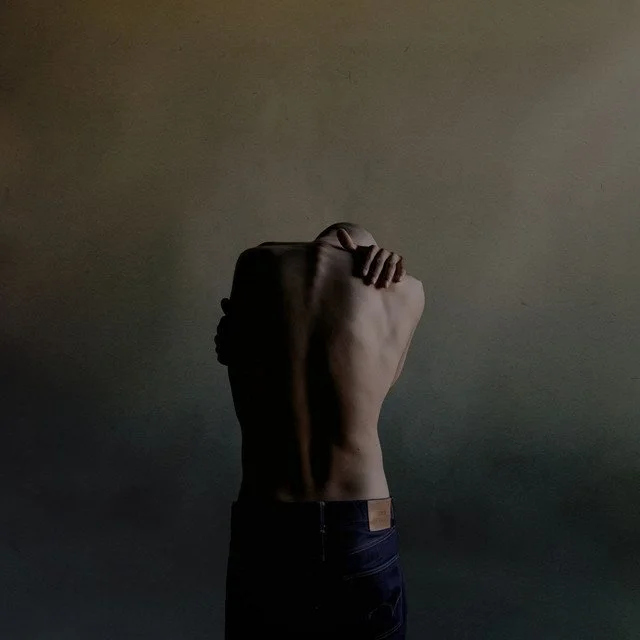Cam Be and Neak Paint Black Identity and Sonic Storytelling on Cinematic Hip-Hop Suite “a film called black”
A raven feather drifts through a projector’s beam, scattering obsidian sparks across a blank wall—that is how Cam Be and Neak choose to introduce a film called black, their joint magnum opus conceived, produced, and voiced entirely by the duo themselves. Yes, every bass-thick groove, every orchestral swell, every syllable of rap or croon is the handiwork of these two Chicago polymaths, who treat sixteen tracks like film reels threaded through a vintage Steenbeck. Yet we will linger on only the first ten scenes, encouraging you to discover the remaining frames in your own midnight screening. Indeed, even this partial voyage feels encyclopedic: Hip-Hop, Neo-Soul, and Funk converse on the same Chicago curb where Curtis Mayfield once tuned his guitar.
“Life in Black” sparks the bulb with a chorus of candid testimonies over stand-up-bass throb and brushed-snare hush. The mix glows warm and analog; you can almost smell studio sawdust. However, its vignette brevity—barely two minutes—may leave some ears craving a fuller thematic swell before the segue.
The river deepens on “Wade in the Water.” Gospel call-and-response collides with crunchy SP-1200 drums, while a Moog tuba anchors the low end like riverbed clay. Cam and Neak’s lines braid coded-spiritual allusions with contemporary protest slogans, reminding listeners that the Middle Passage still ripples beneath modern flow.
“EyeWonder – Intro Flip” (with Skyzoo) pivots to chilled boom-bap. Jazzy Rhodes stabs murmur alongside fluttering flute, while Skyzoo’s Brooklyn cadence cross-pollinates with Midwestern drawl. In fact, the pair’s syllabic precision could intimidate newcomers, though the hook’s hypnotic chant softens the cerebral barrage.
A spoken-word continuum returns on “Identity in Black,” splicing archival quotes into a mantra: “You are a king.” Reversed cymbal swells and vinyl pops create the sensation of history rewinding, yet the track functions more as cinematic dissolve than full-bodied song—an aesthetic win that may under-feed melody hunters.
The spotlight widens on “King’s Speech.” Elisa Latrice’s honeyed alto soars over muted trumpet and wah-guitar; Add-2 punctuates with nimble couplets about crown-bearing and rent-paying. Moreover, Cam and Neak’s engineering dazzles: each hi-hat tick occupies its own pixel of stereo real estate. A minor quibble—the lush horns sometimes eclipse subtle backing-vocal ad-libs.
“Celebrations in Black” and its successor “Salutations” operate like fraternal twins filmed with different lenses. The former brandishes funk-guitar squawks under the rallying declaration “Black is a reclamation of identity.” The latter grafts those riffs onto a mid-tempo back-beat and invites Oliv Blu to float in smoked-glass falsetto. The hand-off underscores the thesis: speech and song, theory and practice, are inseparable. However, their combined nine-minute girth risks diluting individual climaxes.
Radiance swells on “Buttafly.” Poet-laureate J. Ivy and crooner Johnny Burgos surf a laid-back West-Coast breeze where Neo-Soul bass slides beneath Snoop-adjacent rhythms. Burgos supplies the project’s most hummable earworm—a welcome pop aperture in an otherwise scholarly mosaic.
“Take7” detonates with explosive hand-claps and brass stabs that evoke an HBCU drumline marching through rain-glazed South Side streets. The “Hey-Hey” refrain is irrepressibly infectious. Moreover, the duo’s verses about dodging systemic potholes “on the ninth track” slyly nod to both filmmaking and survival. Yet the density of layered chants occasionally muddles articulation; a judicious EQ carve might have granted lyrics more daylight.
Finally, the tenth tableau, “God Complex,” dims the houselights for contemplative crescendo—minor-key Fender-Rhodes, whispered choir pads, and a lo-fi kick thumping like a womb-bound heartbeat. The collective unpacks inherited traumas without discarding ancestral gold. The mix here is nearly flawless, though its reflective pace may thwart party-minded listeners craving another banger.
Overall, even confining ourselves to the opening act, “a film called black” demonstrates that Black life is symphonic, empirical, and stubbornly radiant. Because Cam Be and Neak handle both production and performance, the album’s fusion of live instrumentation with sample wizardry feels seamless—genre lines blur into a single panoramic mural. Limitations surface only when interludes tease without nourishing or when sonic opulence overshadows lyrical nuance. Yet such quibbles fade like a credit scroll. The final six tracks remain unspoiled, awaiting your own critical gaze; queue the reel and author the epilogue yourself.
Enjoyed the read? Consider showing your support by leaving a tip for the writer
TRENDING NOW
CONNECT WITH US
FEATURED

















I heard a rumor that gravity once composed a lullaby for stones in freefall; Indie Rock Band The Knockaround Band splashes that myth across phosphorescent speakers with “Waterfall.” American to its marrow, yet borderless in intent, this pop‑rock torrent…